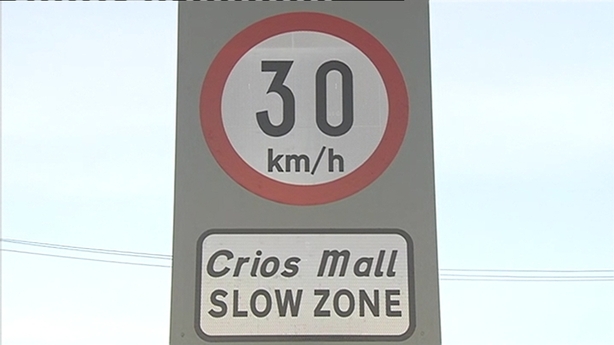A plan to make 30km/h the default speed limit in Dublin city looks set to be dropped, after public consultation revealed a lack of support.
The proposal by city council officials would have extended the 30km/h limit to arterial routes like Dorset St and Harold's Cross Road for the first time as part of a Covid-19 mobility measure.
However of the 4,629 responses to the Consultation Hub, only 41% supported the idea compared to 46% against, with 9% in favour of some limited extension of the limit according to the results of a non-statutory public consultation.
Of the 136 emails and one letter received a total of 78% were opposed.
The council also admitted in its report to councillors that it was a mistake to run a 'Love 30' media campaign in favour of the limit while the consultation was ongoing.
The report stated that the "council was open to the charge that it was seeking to unduly influence the outcome of the public consultation process".
The report by Head of Technical Services Brendan O'Brien and Assistant Chief Executive John Flanagan also stated that arguments both in favour and against the 30km/h speed limit should have been presented during the public consultation.

In its conclusion, the report said it was now up to councillors to decide whether to continue with the review of speed limits or leave things as they are.
Independent Councillor Damian O'Farrell, who had opposed the default limit, said the council should call a halt to the review as the public has rejected council management's arguments.
He said the council's performance in "orchestrating such a one-sided pro-30km/h public consultation exercise has been the lowest point as far as public body performance" in his 12 years as an elected representative.
However in their report council officials said that the experience of the 30km/h limit in Dublin city and elsewhere "have recorded only positive outcomes".
It pointed out that UN resolution and the Stockholm Declaration had called for lower speed limits.
However it conceded that there was no clear consensus in favour of the new limit extending to main commuter routes.
"In part this may arise from the varying nature of the arterial roads in Dublin City, from four lane divided carriageways to two lane narrow roads with residential frontage and that the same arterial road in different locations has different features and passes through more residential areas" the report stated.
The 30km/h limit was introduced to an area between the canals in 2017 and over four phases has already been extended to most residential streets in the city area.







